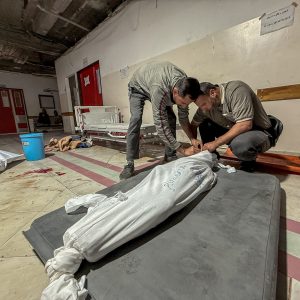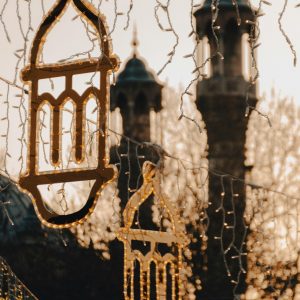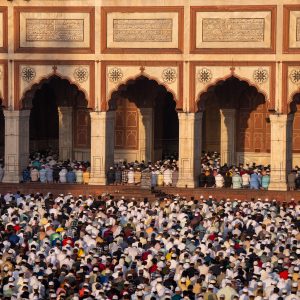Arabic manuscript preserved in the Netherlands reveals lost books of ancient geometry
Rediscovered Arabic manuscript reveals lost works of ancient geometry, showcasing Muslim contributions to global knowledge
LEIDEN, Netherlands (MNTV) — An Arabic manuscript preserved in the Netherlands at Leiden University Libraries has unveiled two missing books of “The Conics” by the ancient Greek mathematician Apollonius, hailed as “The Great Geometer.”
These findings highlight the significant role of Islamic civilization in preserving and advancing scientific knowledge.
Apollonius, renowned for his groundbreaking work on hyperbolas, ellipses, and parabolas, originally authored eight volumes of “The Conics.” However, only four were known to European scholars during the Renaissance. The newly rediscovered books, five and seven, were found in a 17th-century Arabic manuscript meticulously preserved at Leiden University Libraries.
This manuscript, acquired by Dutch orientalist and mathematician Jacob Golius during his travels in the Middle East, is part of a collection of over 200 Arabic manuscripts he brought to Leiden.
The translation of Apollonius’s lost works, completed by prominent Muslim scholars Thabit ibn Qurra and the Banū Mūsā brothers, includes intricate illustrations and elegant Arabic calligraphy.
“These manuscripts exemplify the intellectual rigor and artistic excellence of Islamic scientists,” stated historian Jan Pieter Hogendijk to Turkiye Today.
The discoveries underscore the pivotal role of the Islamic Golden Age in safeguarding and enriching ancient Greek mathematical traditions.
The recent volume Prophets, Poets, and Scholars, published by Leiden University Press, celebrates this remarkable preservation. It features essays on several Arabic manuscripts that illuminate the scientific legacy of Arab and Muslim civilizations. Edited by leading scholars, the book showcases historical maps, images, and excerpts from Arabic, Turkish, and Persian manuscripts.
The volume also sheds light on the history of the Netherlands’ exchanges with the Middle East, particularly during the early 17th century.
Professor Mostafa Zahri told Turkiye Today that Arabic manuscripts in Western institutions like Leiden University Libraries stand as records of Islamic excellence in mathematics and geometry.
These treasures highlight the crucial role Islamic scholars played in preserving humanity’s intellectual heritage.
Leiden University’s efforts to preserve these manuscripts ensure that the world continues to recognize the profound impact of Islamic civilization on the advancement of science, art, and scholarship.










